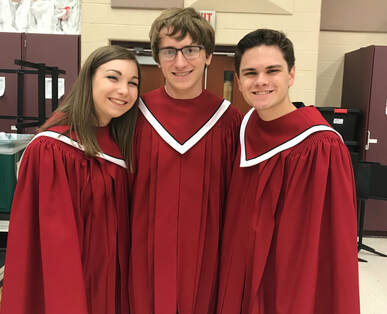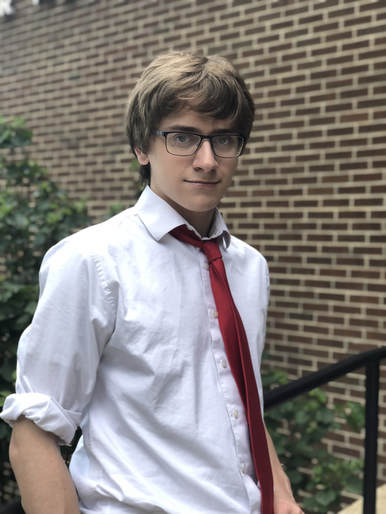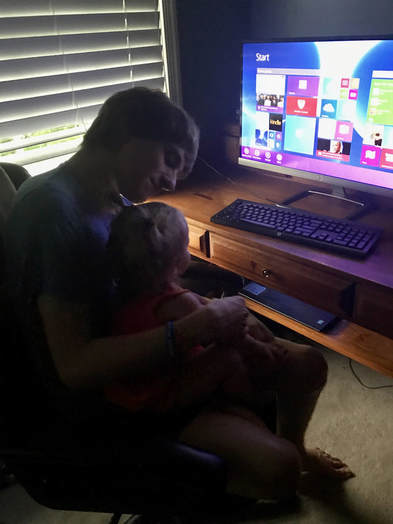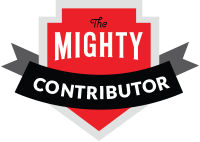It’s hard to know who to trust, who we can count on, who will have our backs or who will betray us. It would be nice to have some type of radar that immediately goes off warning us to stay away from THAT person. To some extent we do, especially in extreme circumstances. Walking alone on a dark street at night and someone stares at you a little too long, it tends to make your radar go off. You may feel the hairs on the back of your neck stand up as your steps quicken because you just got "a bad feeling”, but, in normal everyday life, in everyday situations, our radar may not signal us.
The friend you thought you could always count on, one day ghosts you. The spouse you thought would never cheat, blindsides you with, “there is someone else”. The boss who always had your back until one day they didn’t. Of course hindsight is 20/20, but, regardless we always ask, "Why didn’t I see that coming?" For many people with autism, seeing it coming can be even more challenging than it is for us neurotypicals.
My son recently asked me why it takes so many trials to figure out who is kind. He wondered why we can’t determine who we can trust, who will show up, and who won’t hurt us immediately. “Why can’t we figure that out in one trial?” he asked. Or better yet, why can’t we just know "by looking at someone" if they are kind? A built in kindness radar, wouldn’t that be something?
It broke my heart to tell him that we usually can’t tell by just a look and that it often takes time to determine the different levels and types of kindness, some are authentic and some are not. Some kindness is all about the receiver and some kindness is all about the giver. There is the, I am being kind because I need/want something from you. And the, I am being kind because my mom told me I have to. There is also the, I am only kind to you when none of my cool friends are around. And the one he struggles with recognizing the most is the, I am being kind because I feel sorry for you.
But there is also good kindness. Really, really good, genuine kindness. Kindness you can count on, that is authentic, that is real and that always, always shows up. There is the, I am being kind by putting your needs above my own. And the, I am being kind because I love you and I want to make you feel that love. There is also, I am being kind because I want you to be kind to me too. And last, but, certainly not least, there is your very basic, I am being kind because it feels better to be nice than to be an a**hole. My son got it right though, it takes multiple trials, it takes time, it takes getting hurt, being betrayed, learning from our mistakes and it takes risks to determine the real versus the phony, the moment versus the long haul and the selfish versus the selfless, in other words, it’s not easy. And that is why my son spends most of his time alone. He wants a kindness radar and I can’t give him one.
We talked about the people who have shown him kindness and what that felt like. The theme was consistency, love, safety, support, concern and seeing him, really seeing him and accepting him just as he is. I told him that although he may not have a radar, he has these positive experiences that can act like a bit of a radar for him. I also reminded him that kindness is a two way street and that in order to get kindness you have to give kindness and to do that, you have to take a risk by letting people in, and this is where he falters.
My son's very black and white mind is terrified of that risk, determining real kindness from phony kindness can be a very gray area. Whether it’s how a new shirt will feel or how a new food will taste, or if this person or that person is kind or will hurt him, he wants to know how it’s going to turn out. He wants a kindness radar. My God, don’t we all?
I continue to hope that one day there is someone, some potential friend that will trigger a good internal feeling, his own kindness radar, so to speak, that will allow my son to take a risk so that he can feel confident in knowing what it means to give and get kindness because even though it's dicey and there are no guarantees, kindness (and friendship) really is worth the risk.





 RSS Feed
RSS Feed
